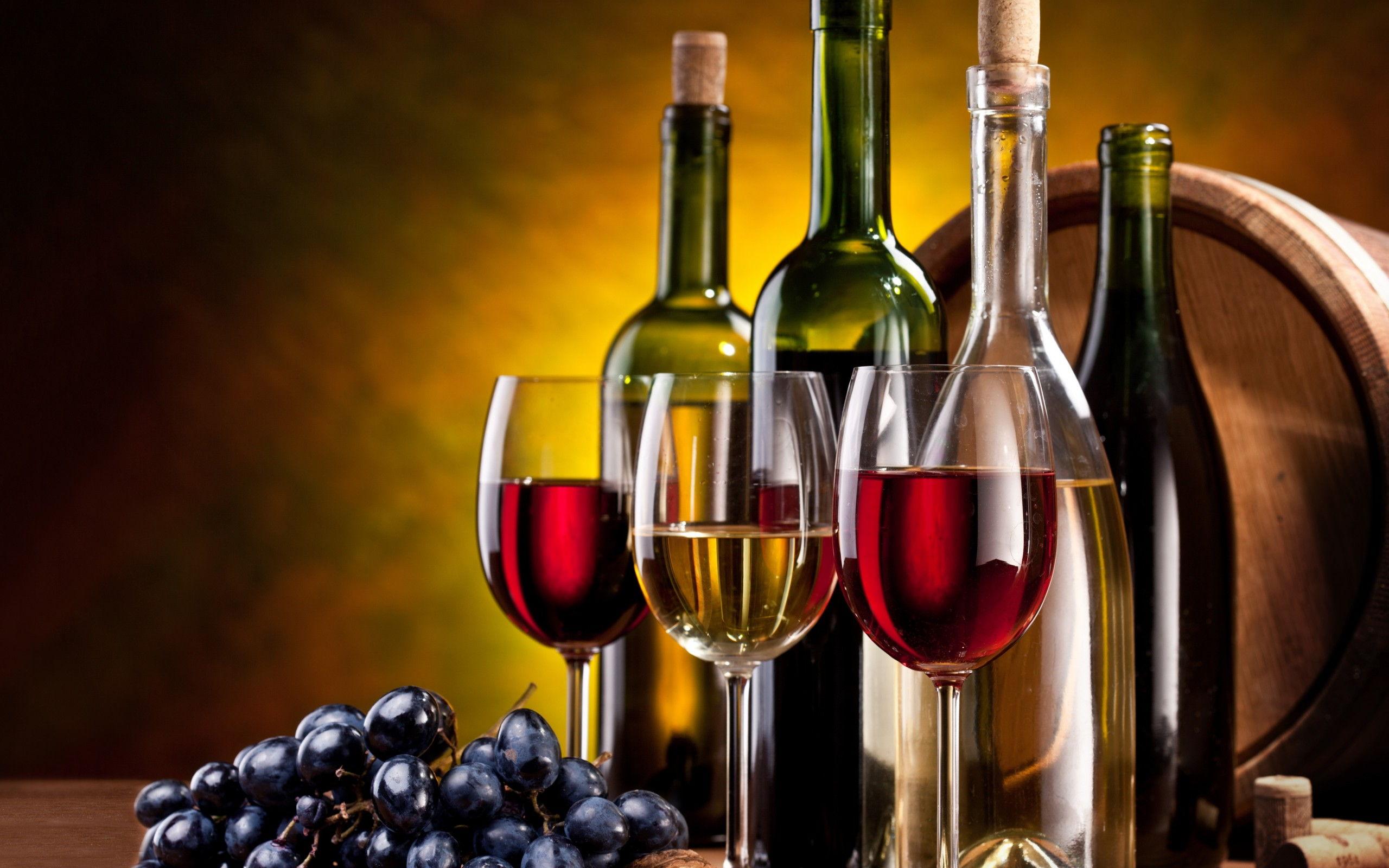Have you ever craved the sophisticated taste of wine without the effects of alcohol? Non-alcoholic wine has been gaining traction, offering a delightful alternative for those who want the taste of wine without the buzz. Whether you're looking to cut down on alcohol or simply want to enjoy a glass of wine during a meal without the hangover, non-alcoholic wine might just be what you need.
What is Non-Alcoholic Wine?
Non-alcoholic wine is exactly what it sounds like: wine that contains little to no alcohol. It offers the same flavor profile as traditional wine but without the intoxicating effects. This beverage is becoming increasingly popular among people who want to enjoy the social aspects of wine drinking without the alcohol.
The Growing Popularity of Non-Alcoholic Wine
The popularity of non-alcoholic wine has soared in recent years. With more people focusing on their health and well-being, the demand for alcohol-free options has grown. Non-alcoholic wine caters to a wide range of consumers, including those who are pregnant, designated drivers, or simply trying to reduce their alcohol intake.
How Non-Alcoholic Wine is Made?
The process of making non-alcoholic wine is similar to that of regular wine, with one key difference: the alcohol is removed. This can be done through various methods such as vacuum distillation, reverse osmosis, or spinning cone technology. Each method aims to retain the wine's flavor while eliminating the alcohol content.
Types of Non-Alcoholic Wine
Just like regular wine, non-alcoholic wine comes in a variety of types. You can find non-alcoholic versions of popular wine styles, including:
-
Red Non-Alcoholic Wine: Rich in flavor with deep notes, perfect for pairing with hearty meals.
-
White Non-Alcoholic Wine: Crisp and refreshing, ideal for light dishes and summer evenings.
-
Sparkling Non-Alcoholic Wine: Effervescent and celebratory, often enjoyed during special occasions.
Benefits of Choosing Non-Alcoholic Wine
Why should you consider switching to non-alcoholic wine? Here are some compelling reasons:
-
Health Benefits: Non-alcoholic wine retains the antioxidants and polyphenols found in regular wine, which are known for promoting heart health.
-
No Hangover: Enjoy the taste of wine without the dreaded next-day hangover.
-
Inclusive: Non-alcoholic wine allows everyone to partake in wine-drinking rituals, regardless of dietary restrictions or lifestyle choices.
Non-Alcoholic Wine vs. Regular Wine
How does non-alcoholic wine compare to its alcoholic counterpart? The primary difference lies in the alcohol content. While regular wine typically contains around 12-14% alcohol, non-alcoholic wine contains less than 0.5%. The flavor is similar, but some wine connoisseurs may notice a difference in body and depth.
Is Non-Alcoholic Wine Healthy?
Yes, non-alcoholic wine can be a healthier alternative to regular wine. It provides the same beneficial compounds like resveratrol and other antioxidants but without the risks associated with alcohol consumption. However, it's essential to choose quality brands that do not add excessive sugars or artificial ingredients.
Best Non-Alcoholic Wine Brands
When it comes to selecting non-alcoholic wine, quality matters. Here are some top brands known for their exceptional non-alcoholic wines:
-
Sutter Home Fre: Known for its wide range of non-alcoholic wines that closely mimic the taste of traditional wine.
-
Ariel Vineyards: Offers award-winning non-alcoholic wines that do not compromise on flavor.
-
St. Regis: Provides a variety of non-alcoholic wines, including red, white, and sparkling options.
How to Pair Non-Alcoholic Wine with Food?
Pairing non-alcoholic wine with food is similar to pairing regular wine. Here are some tips:
-
Red Non-Alcoholic Wine: Pairs well with red meats, pasta, and robust dishes.
-
White Non-Alcoholic Wine: Complements fish, chicken, and vegetarian meals.
-
Sparkling Non-Alcoholic Wine: Ideal with appetizers, desserts, or on its own as a celebratory drink.
The Future of Non-Alcoholic Wine
The future of non-alcoholic wine looks bright. As more consumers seek out healthier lifestyle choices, the demand for non-alcoholic options is expected to grow. Innovations in winemaking technology will likely lead to even better-tasting non-alcoholic wines that appeal to a broader audience.
Conclusion
Non-alcoholic wine is more than just a trend; it's a growing movement towards healthier, more inclusive beverage options. Whether you're abstaining from alcohol for health reasons or simply want to enjoy the taste of wine without the effects, non-alcoholic wine offers a flavorful alternative.

